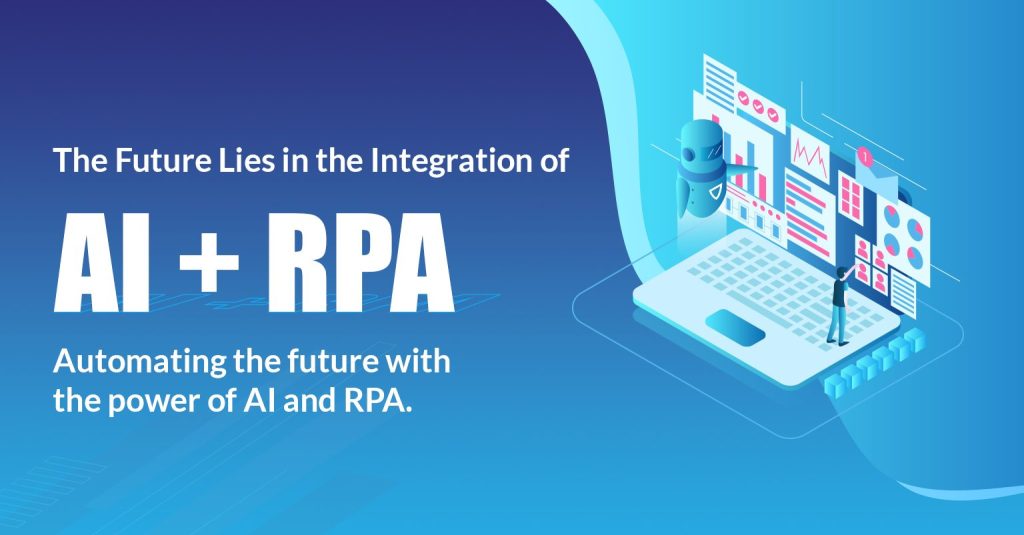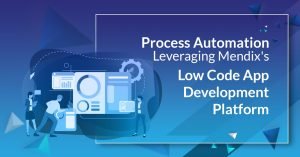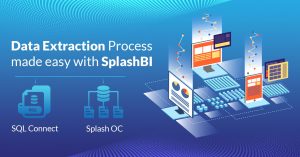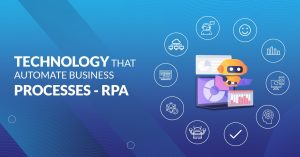The rise of AI and RPA in the workplace is one of the most exciting developments in modern-day business. Robots are being integrated into almost every industry. They’re now a part of our social lives too- smart personal assistants like Siri, Alexa, and Cortana are becoming more mainstream than ever before.
It has created a single point of contact for customer service and operator assistance. The idea is that there are a few AI and RPA systems located in the same data center – at least initially. These systems would all be able to support each other and share information, creating redundancies where they help reduce time spent on calls, sift through information that helps identify potential problems more quickly, etc.
Information sharing – AI and RPA systems can share data across platforms. This means that if a human assists a customer, they can see exactly what the system is doing, which may help guide them through the process more quickly.
Automating repetitive tasks – RPA technology is based on automating tasks that are performed over and over again. This can cut costs, reduce errors, and, in many cases, allow the company to redeploy their staff to higher-value activities.
Increased accuracy – Many of the tasks performed by RPA software are process based which means there are clear rules in place to guide actions. This makes it easier for the software to recognize when something has been done incorrectly; human operators may not realize this until too late.
Challenges of AI and RPA
The two main challenges that can be seen are Security concerns and scalability.
If RPA becomes mainstream, it will have to be as secure as other IT systems. However, security is not an area where AI software has historically excelled.
In addition to security, scalability will be a big concern. Software that can deal with the vast amounts of data that companies generate every day will have to be a priority. This is something that many AI developers are currently working on.
Applications of AI and RPA

Businesses that rely on processing data at a massive scale, like large corporations and the financial sector, will be able to take advantage of its capabilities.
Mapping the form of RPA applications is difficult because each company works differently. However, the types of applications offered could include customer support and workflow management systems, email parsing services, analytics tools and unified search engines.
Future of AI and RPA
There is no doubt that AI, RPA, and other related technology will all play a role in the future of business. The success of any technology is dependent on how it is used, and how it can be integrated into existing infrastructure.
AI + RPA will almost certainly play a huge role in the future of business. Ideally, the two technologies would work together to create entire systems and networks which can handle a massive number of requests from customers and operators in real time at an affordable price.
Conclusion
The fusion of AI + RPA is poised to reshape the future of technology. Understanding the limitations and benefits of these technologies is essential.
Employers should explore how RPA can enhance their business processes, offering efficiency and cost savings. Employees, in turn, should recognize the potential advantages AI and RPA bring to their professional growth.
The collaboration between AI + RPA can amplify human capabilities, automating repetitive tasks and allowing employees to focus on critical thinking and creativity. However, it’s crucial to acknowledge the limitations and ethical considerations surrounding these technologies.
In summary, AI and RPA hold immense promise, but a balanced approach, considering both opportunities and challenges, is vital for organizations and individuals to navigate this transformative journey effectively.


















